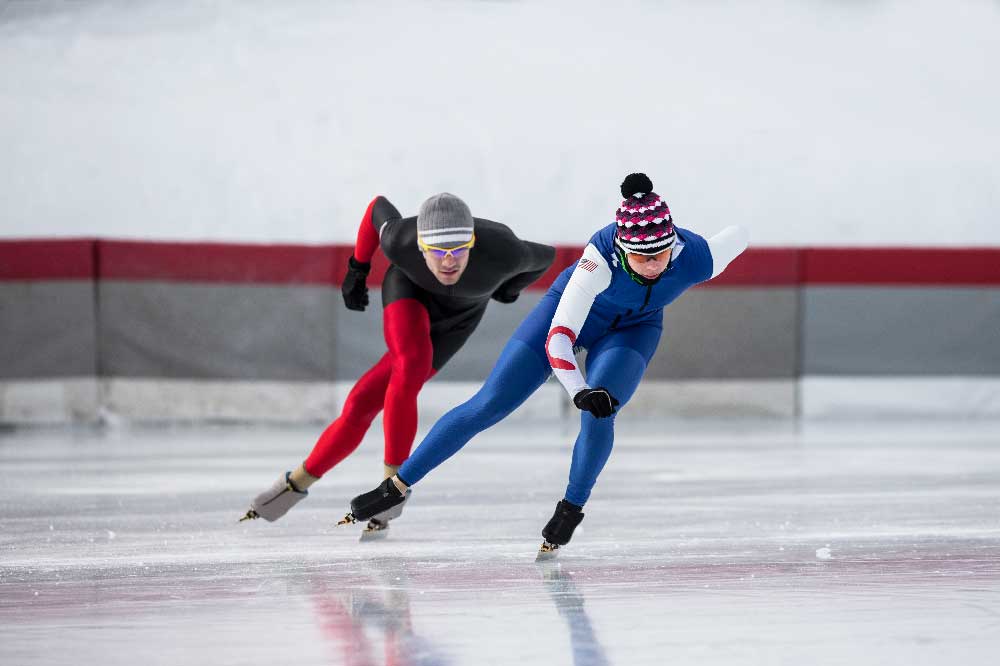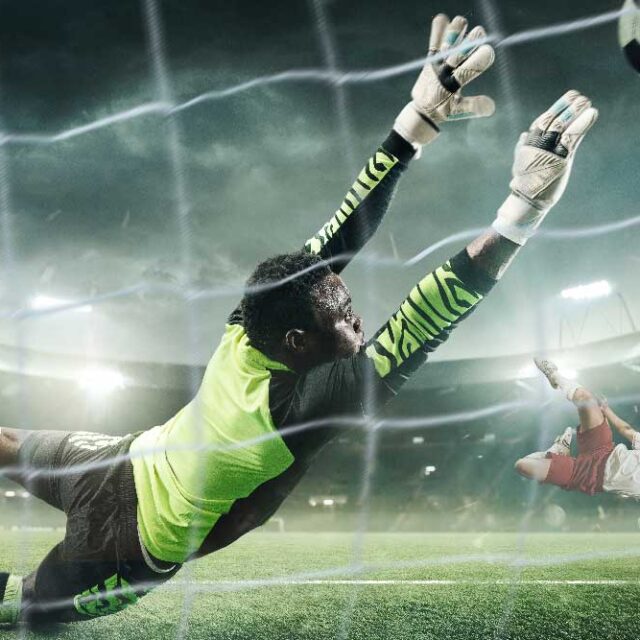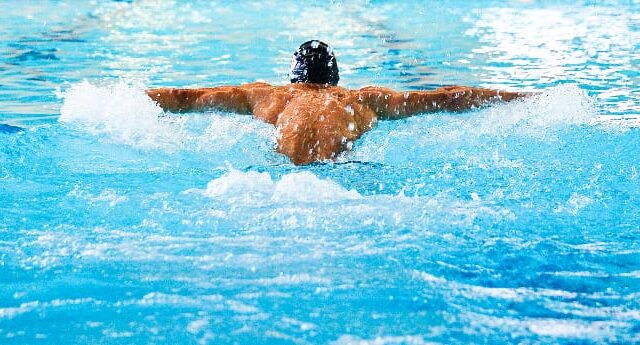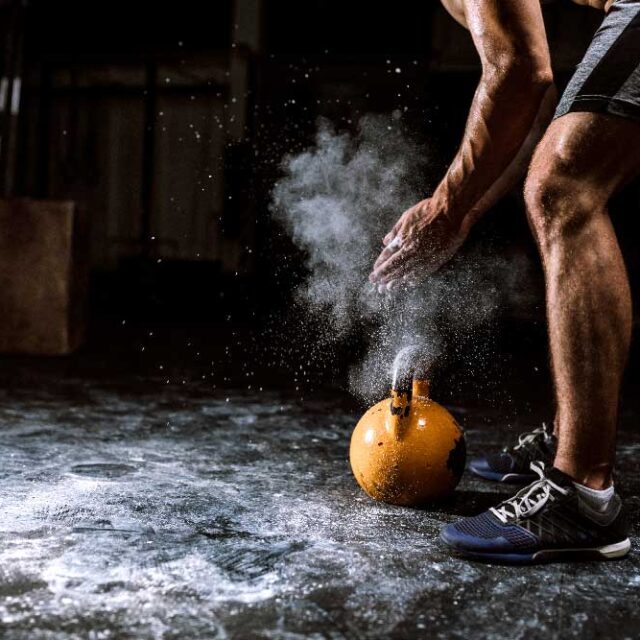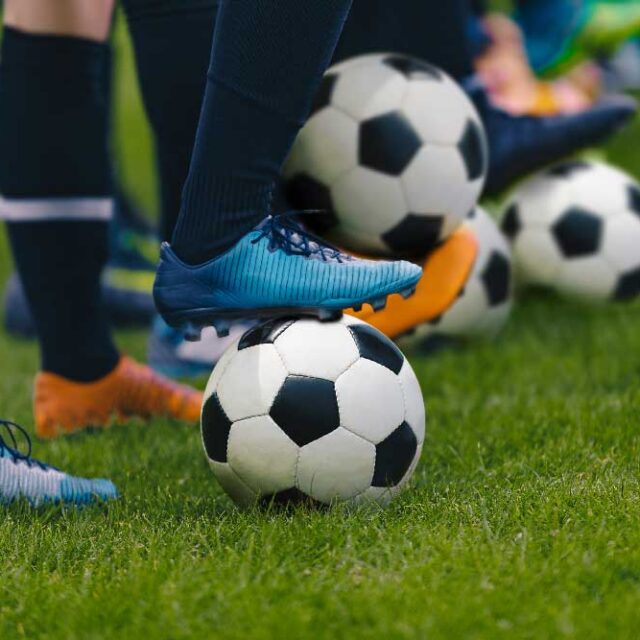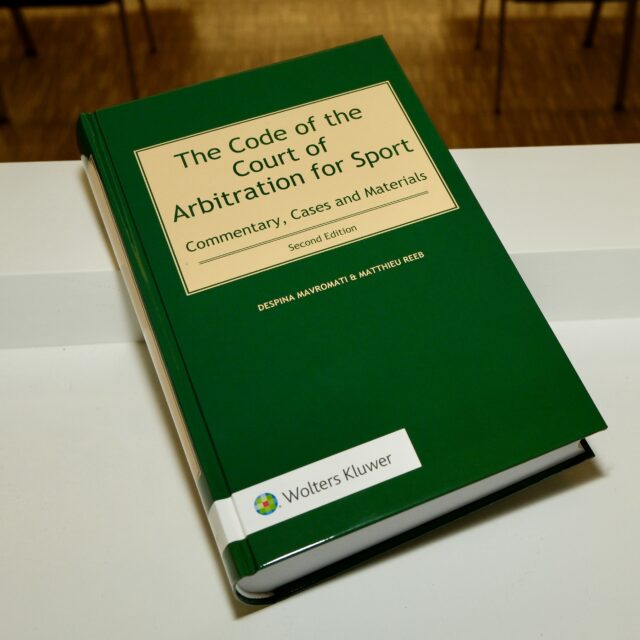4A_382 / 2018, Judgment of January 15, 2019 – Appeal against the CAS Award 2017/A/5379 of April 23, 2018
This Federal Tribunal judgment – which is far more interesting for its factual background than for its legal findings – puts an end to the long and highly publicized legal battle between Alexander Legkov (and several other Russian athletes) and the International Olympic Committee, a journey that lies in the heart of the so-called “Russian doping scandal”.
The background Facts
In the aftermath of allegations related to the existence of a state-sponsored doping scheme in Russia during the Sochi Olympic Games, the World Anti-Doping Agency (WADA) mandated two independent (IP) reports that indicated the existence of a vast cover-up scheme in order to protect doped athletes. Following the reports, the IOC Disciplinary Commission (DC) rendered numerous decisions sanctioning several Russian Athletes – including the Respondent – based on violations of the WADA Code.
The IOC Disciplinary Commission Decisions
In its decisions, the IOC highlighted that it would not apply collective justice but would hear each case individually and would only sanction the athletes for whom enough evidence of an individual implication in the violation of the anti-doping rules existed. Notwithstanding that point, the IOC DC used, as a starting point, the establishment of the existence of a generalized fraud scheme and considered this finding in its deliberations against each athlete.
Alexander Legkov (the Athlete), a very successful cross-country skier who won several medals during the Sochi Olympics, was one of the athletes sanctioned by the IOC DC shortly before the 2018 Winter Olympics. Legkov and several other athletes appealed against their sanctions to the CAS, requesting to set aside the IOC sanctions for lack of evidence. Following the parties’ agreement, the CAS proceeded to a limited joinder of causes.
The CAS Award
Following a complex arbitration procedure, the CAS Panel issued a lengthy – more than 150 pages – arbitral award where it upheld the appeal and set aside the IOC decision for lack of sufficient proof against the Athlete. The CAS Panel highlighted the fact that its decision was not about the existence or nonexistence of a state-sponsored scheme, but instead limited the decision to the finding of a specific Anti-Doping Rule Violation (ADRV) by the Athlete, under the specific applicable provisions of the WADA Code.
On the Burden of Proof
Accordingly, the IOC had the burden to establish an ADRV to the “comfortable satisfaction” of the hearing panel. Even though it considered the difficulties in finding direct proof – also due to the limited investigatory powers of the IOC – the seriousness of the allegations required that the IOC provided particularly “cogent” proof as to the concrete ADRV of each athlete, and not simply the existence of a general doping scheme.
De novo Review by the CAS Panel
The CAS Panel ruled on the case de novo based on Article R57 of the CAS Code, thereby hearing new arguments and evidence not previously heard by the IOC DC. It highlighted, once again, that the finding of a state-sponsored doping scheme could not equate to an individual ADRV punishable under the WADA Code.
The first (unsuccessful) Appeal of the IOC against a CAS Award
For the first time since the creation of the CAS, the IOC went against what some consider to be is offspring (i.e. the CAS) and filed a motion to set aside a CAS Award before the Swiss Federal Tribunal, further strengthening arguments as to the independence of the CAS vis-à-vis the IOC. The latter invoked a rather generic violation of its right to be heard, which included the widely employed (yet extremely rarely admitted, according to the Federal Tribunal) “effet de surprise”.
It came as no surprise that the Swiss Federal Tribunal swiftly dismissed the appeal by repeating its established jurisprudence but also highlighting some interesting points.
The Right to be heard relates mainly to Findings of Fact
– The Panel is supposed to know the law (jura novit curia) and may also rule on the basis of rules other than the ones invoked by the parties (unless the arbitration agreement restricts the mission of the Panel in this respect) (at 3.1.2).
– It is only – and exceptionally – appropriate to challenge the law when the Panel bases its reasoning on a rule whose application the parties could not possibly expect (“effet de surprise”).
Assessment of the Evidence falls outside the Scope of the Parties’ Right to be heard.
The IOC’s Arguments
The IOC’s principal argument, which was allegedly disregarded by the Panel, was simply “to come to a conclusion on the existence of a doping and cover-up scheme, and, secondly, draw conclusions with respect to the general involvement of the athletes” (at 3.2.1).
The Panel had thus supposedly failed to take into consideration evidence showing the generalized doping scheme simply because the athlete was not individually affected by anomalies such as mixed DNA, as was the case with some other athletes’ samples.
Right to be heard vs. Assessment of the Evidence
As it was expected, the Federal Tribunal found that the plea was merely an attempt on behalf of the IOC to (impermissibly) question the evidence assessment made by the Panel and revert the case back in order to reach a conclusion that the respondent was involved in such a program.
On individual Justice, collective Sanctions and state-doping Schemes
The Federal Tribunal stressed in particular the fact that it was the IOC DC itself that confirmed it had not applied a system of collective sanctions against all Russian athletes who participated in the Sochi Games, but would examine each case individually in order to punish only those athletes whose personal involvement could have been established in violation of the applicable anti-doping rules.
The Panel held a similar reasoning with regard to the exclusion of collective sanctions but did not find it necessary to establish the existence, supposedly proven, of a generalized doping and cover-up scheme for an individual ADRV. Obviously, this was far beyond the Federal Tribunal’s control zone within the limits of Article 190 (2) PILA.
In any event, the Panel had the choice between the two alternatives, and refused to infer the respondent’s guilt from the mere existence – even if proven – of a doping scheme within the context of a competition in which the athlete had participated under the colors of the organizing country.
No “Effet de Surprise” in highly publicized cases involving experienced arbitration specialists?
The Federal Tribunal further indicated that there could not possibly be any “effet de surprise” stressing that it was a very important, highly publicized case, with experienced arbitration specialists and considerable stakes that could not be disregarded (at 3.2.2). One therefore comes to question whether the admissibility of the plea is dependent on the level of knowledge and specialization of the representing counsel.

The IOC also referred to the Panel’s alternative reasoning according to which the Panel clarified that, even if the presence of a Russian doping scheme was established, it would still not be convinced of the ADRV committed by the Athlete.
It supported that such alternative reasoning was a “clause de style” that could not protect the Panel from a violation of its right to be heard (i.e., whether or not to decide on the existence or inexistence of a state-sponsored doping scheme).
As expected, the Federal Tribunal found that this had nothing to do with the “clause de style” formula described in 4A_730/2012, which relates to the use (mostly by CAS Panels) of the stereotypical phrases like “the Panel took into account all the facts, legal arguments and evidence submitted by the parties, but will only refer to arguments and evidence necessary to explain his reasoning” (at 3.2.2).

